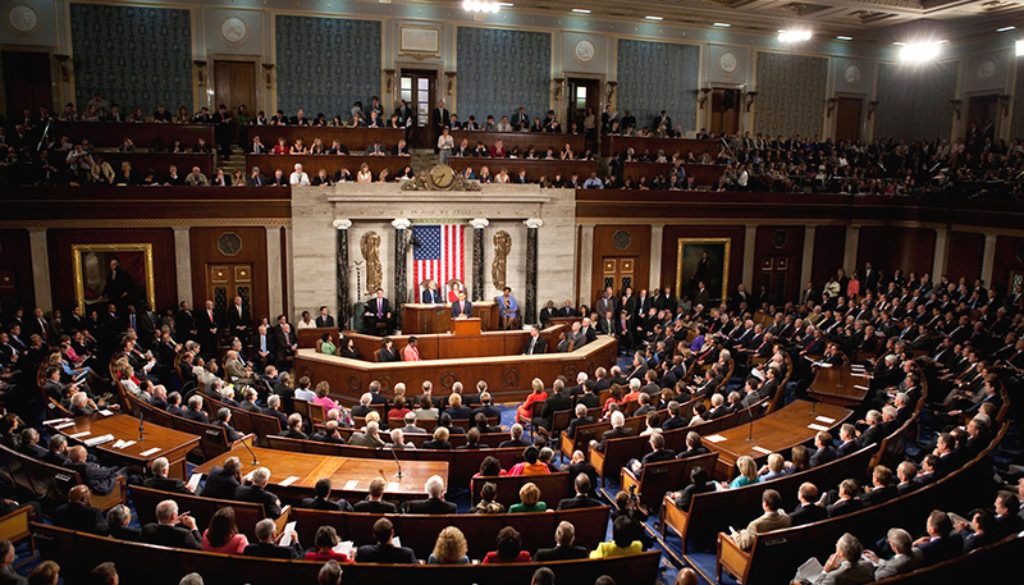Disaster Relief, Tax Reform on Congress’ September Agenda
As lawmakers return to work after their August recess, Hurricane Harvey has increased expectations on Congress to quickly pass disaster-relief tax breaks. September is also expected to bring Congressional hearings on tax reform and possibly the unveiling of tax reform legislation. At the same time, lawmakers must address the federal government’s budget, including the IRS.
Disaster relief
After Hurricane Katrina, Congress passed an extensive disaster relief package, which included many tax provisions. Lawmakers took similar action after Hurricane Sandy a few years ago. Congress is expected to take up a Hurricane Harvey disaster relief plan in coming weeks.
If a Hurricane Harvey bill resembles past disaster relief acts, affected taxpayers could see relaxed casualty loss rules, expanded expensing and more generous depreciation. Past disaster relief laws have also enhanced some tax credits, such as the rehabilitation credit, the low-income housing credit and the Work Opportunity Tax Credit (WOTC) to encourage rebuilding and hiring. For individuals, Congress could waive the penalty for early distributions from IRAs and certain retirement plans for hurricane-related distributions. These were some of the incentives Congress passed after Hurricane Katrina. A Hurricane Harvey relief bill could include these and/or different incentives. Our office will keep you posted of developments.
Meanwhile, the IRS has announced help for affected taxpayers. The IRS postponed various tax filing and payment deadlines that occurred starting on August 23, 2017. As a result, affected individuals and businesses will have until January 31, 2018, to file returns and pay any taxes that were originally due during this period. In addition, the IRS is waiving late-deposit penalties for federal payroll and excise tax deposits normally due on or after August 23, 2017 and before September 7, 2017 if the deposits are made by September 7, 2017.
The IRS automatically provides filing and penalty relief to any taxpayer with an IRS address of record located in the disaster area. The IRS will also work with any taxpayer who lives outside the disaster area but whose records necessary to meet a deadline occurring during the postponement period are located in the affected area. Please contact our office if you have any questions.
Tax reform
Before their August recess, GOP leaders in the House and Senate, along with senior administration officials, outlined their ideas for tax reform. The lawmakers and White House staff said that tax reform legislation would originate in the House and Senate tax writing committees (the House Ways and Means Committee and the Senate Finance Committee). They also predicted that tax reform would lower and consolidate the individual tax rates, reduce the corporate income tax, and repeal the federal estate tax. However, the lawmakers were short on details. More information is expected to be gleaned as the tax writing committees hold hearings.
Several lawmakers have called for a bipartisan approach to tax reform. “It is going to take Democrats and Republicans getting together, putting aside their differences,” Senate Finance Committee (SFC) Chair Orrin Hatch, R-Utah, said. Hatch’s comments were shared by SFC Ranking Member Ron Wyden, D-Oregon. “In 1986, Republicans worked with Democrats from the get-go and knew that a long-term, bipartisan solution was necessary to create jobs and grow the economy,” Wyden said.
IRS funding
The federal government’s current fiscal year (FY) ends September 30. In his FY 2018 budget, President Trump proposed to cut the IRS’s budget for FY 2018. In past years, the Senate has restored some of the proposed funding cuts and the same scenario could play out this year, especially with IRS funding for cybersecurity and customer service.
Further, a bill drafted by the House Appropriations Committee would prevent the IRS from using any appropriations to “implement or enforce” the Affordable Care Act’s individual mandate requiring minimum essential coverage. The ACA generally requires individuals to have minimum essential health coverage or make a shared responsibility payment, unless exempt.
